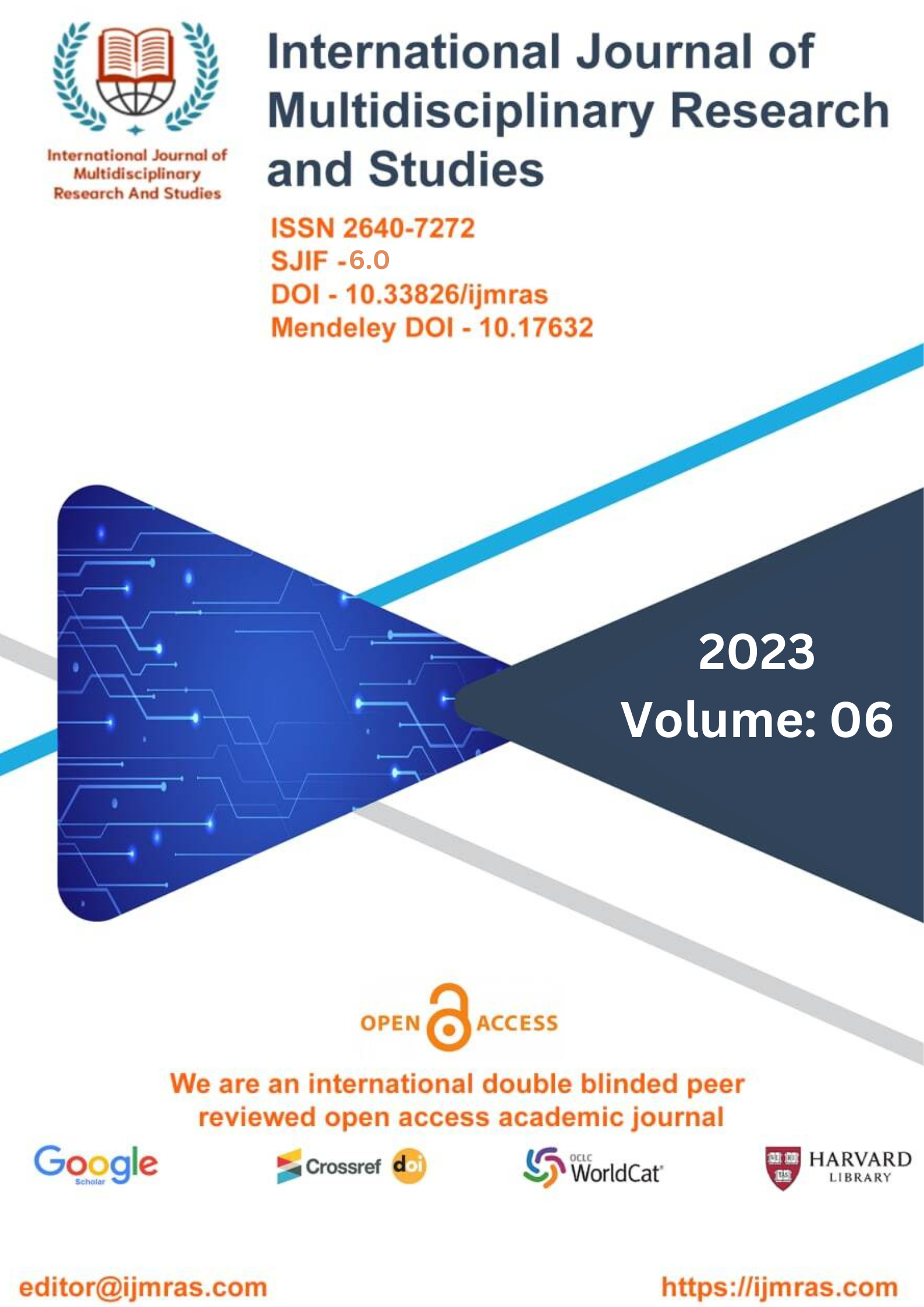Response of Inoculated Finger Pepper (Capsicum Annuum Var. Longum) Applied with Different Fertilizer Materials

Abstract
A pot experiment was conducted to determine the growth and yield performance of inoculated finger pepper with different fertilizer materials. A 2x4 factorial in split plot design in a randomized complete block design (RCBD) with four replications was employed in this study. The factors include the inoculants (A1 – with inoculant and A2 – without inoculant) and the different fertilizer materials (B1- control, B2- farmer’s practice, B3- vermicast and B4- fortified organic fertilizer). The collected data were analyzed using Statistical Tool for Agriculture Research (STAR) and significant results were subjected to statistical analysis using the Least Significant Difference (LSD) Test.
The results reveal that the application of root inoculant (A1) significantly shorten the number of days from transplanting to harvesting and the number of days from transplanting to flowering. While treatment B3 (vermicast) gave the highest growth characteristics and yield components. Treatment supplemented with vermicast and fortified organic fertilizer gave the same positive effect on the height at maturity, number of days from transplanting to harvesting, number of days from transplanting to flowering, flowering to fruiting, fruiting to harvesting compared with control (B1), and farmer’s practice (B2). It has an interaction effect between root inoculants and different fertilizer materials on the number of fruits per plant, the weight of fruits per plant, the diameter of fruit, the length of fruit, and the computed yield per 1000 pot plants.
Keywords
Fertilizer, Finger Pepper, Inoculation, organic fertilizer VermicastHow to Cite
References
Adhikari P., Khanal A. and Subedi R., (2016). “Effect of Different Sources of Organic manure on Growth and Yield of Sweet Pepper”. MedCrave, Advances in Plants & Agriculture Research. Volume 3: Issue 5 pp. 1-3. Retrieve from ttps://medcraveonline.com
Akhzaria D., Kalantaria N. and Mahdavib Sh. (2018). "Studying the effects of mycorrhiza and vermicompost fertilizers on the growth and physiological traits of Vetiver Grass (Chrysopogon zizanioides L.)". Desert 23-1 (2018) 57-62. Retrieve from Online at http://desert.ut.ac.ir
Arancon N.Q., Edward C.A., Bierman P., Metzger J.D. and Lucht C. (2005). “Effect of vermicomposts produced from cattle manure, food waste, and paper waste on the growth and yield of peppers in the field” Pedobiologia 49, 297 306.
Berova M., Karanatsidis G., Sapundzhieva k., and Nikolova V., (2010). “Effect of organic fertilization on growth and yield of pepper plants (Capsicum annum L.). Folia Horticulturae, Polish Society for Horticultural Science. 22/1:3-7.
Chen, J. H. (2006, October). The combined use of chemical and organic fertilizers and/or biofertilizers for crop growth and soil fertility. In International workshop on sustained management of the soil-rhizosphere system for efficient crop production and fertilizer use (Vol. 16, No. 20, pp. 1-11). Land Development Department Bangkok Thailand.
Frial-McBride, M. G. (2016). Extraction of resins from Capsicum annuum var. longum (Siling haba) for the study of their potential anti-microbial activities. Journal of Chemical and Pharmaceutical Research, 8(3), 117-127.
Gajalakshmi S. and Abbasi S. A. (2003). “Earthworms and vermicomposting”. Centre for Pollution Control and Energy Technology, Pondicherry 605 014, India. Indian Journal of Biotechnology Vol 3, pp 486-494.
Islam, shaikhul, Abdul Mannan Akarda, Farjara, Sultan and Md Motaher Hossain. (2014). “Chili rhizosphere fungus aspergillus spp. PPA, promoter vegetative growth of cucumber (ucumis sativus) plants upon root colonization”. Archives of Phytopathology and Plant Protection 47 (10), 1231-1238. Retrieve from https://scholargoogle.com.ph
Phyllis H. Pischl and Nicholas A. Barber. (2017). "Plant responses to arbuscular mycorrhizae under elevated temperature and drought". Journal of Plant Ecology Vol 4:05
RA 10068 Philippine Organic Agriculture Act of 2010. (2010). Arellano Law Foundation. September 30, 2010, Retrieved from: http://www.lawphil.net/statutes/repacts/ra2010/ra_10068_2010.html
Saini Ishan, Aggarwa Ashok and Kaushik Prashant. (2019) "Inoculation with Mycorrhizal Fungi and Other Microbes to Improve the Morpho-Physiological and Floral Traits of Gazania rigens (L.) Gaertn9". Retrieve fromhttps://www.mdpi.com/journal/agriculture
Savci, S. (2012). Investigation of the effect of chemical fertilizers on the environment. Apcbee Procedia, 1, 287-292.
Stan, T., Munteanu, N., Teliban, G. C., Cojocaru, A., & Stoleru, V. (2021). Fertilization management improves the yield and capsaicinoid content of chili peppers. Agriculture, 11(2), 181.
Syafruddin, E. Kusumawati and R. Safrianto, 2014. Propagation techniques of bio-fertilizer mycorrhizae and adoption innovation as bio-fertilizer and bio-protector to increase
License
Copyright (c) 2023 MARK ALLAN L. FLORES, ANGEL D. ALVAREZ

This work is licensed under a Creative Commons Attribution 4.0 International License.
Individual articles are published Open Access under the Creative Commons Licence: CC-BY 4.0.




